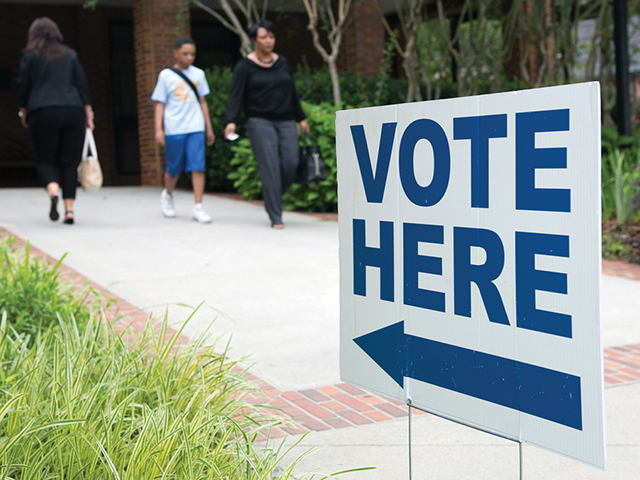
[dropcap]There [/dropcap]is something ironic about there being more clarity in a contraceptive pill pamphlet regarding missing a dose than in state-provided information about registering to vote. Many of us are trying to do the latter in preparation for the Eighth Amendment referendum. My heart sank when I could not find my name on the register. Was my name written with or without a fada? Was my Eircode entered incorrectly? RFA Ones, Twos and Threes, visits to the garda station, (contradictory) advice from peers, and a lack thereof from my local council mean that I am still unsure of having an input in this life changing vote. I also know that I am not alone in this predicament from speaking to others – but what if there are hundreds, if not thousands of young adults which share my confusion?
Let me emphasise that I am not the passive, politically complacent twenty-something stereotype either: It’s not as if I haven’t looked into how the registration system works. In fact, after my first failed attempt to register, I approached my council for advice on future proceedings. In retrospect, the email reply I received three months ago was a bluff, perhaps even a cop-out – my query was forwarded to another department to respond to ‘directly’. I have heard nothing since.
One DCU student had similar difficulties when seeking professional advice: “In trying to find out how to register properly, each of the three voting-specialised employees to whom I spoke at the GPO gave me different information. In addition, all three told me they were unsure that their advice would actually work.” This uncertainty among “qualified” and authoritative figures is unnerving, especially when such an important question is going to be asked of Ireland in the coming months.
There is no simple explanation on how one registers to vote. Government websites use vague and sometimes contradictory language, with an air of indecision similar to that seen in aforementioned professionals. They provide a single year-round cycle of procedures rather than refreshing advice each time a new period of registration begins. There is no friendly diagram or animated YouTube video, á la the “School of Life” to explain do’s and ‘don’ts. This isn’t even covered properly in CSPE. It is shocking that such small changes have not yet been made to keep up with the widely well-educated and technologically literate demographic. You can apply for an Irish passport online. You can create a Revenue account online too, and thereafter receive a letter of confirmation in the post. Yet to confirm voting registration, you must have the agency to search the archaic and badly organised Check the Register website. Gráinne Fallon, an Offaly Social Democrat, argues that the impenetrability of voting information provided is no mistake: With only a small percentage of the Irish electorate actually registering (30%) and then voting (30% of that previous 30% portion), government leaders may fear what the currently non-voting electorate has to say. Fallon rightfully reasons that a form of official identification alone should suffice to enact one’s vote.
To make our country truly democratic, it is natural to argue that our registration system needs to come up to speed. If we are not careful, conversations and developments on this issue may be stalled for another thirty-five years due to inaccurate representation of the younger voting generations. I strongly encourage everyone to register to vote on the Eighth Amendment; which I believe you can currently do by filling out an RFA2 form – good luck and be persistent.
Brónagh Kelly
Image by Click2Houston



